Tesla leaves a great impression on the minds of many people who come across it. That’s because, in terms of technology, Tesla leads other electric vehicles (EVs). Tesla cars have self-driving features as well as the highest charging range.
The Tesla Model X, for instance, comes with butterfly doors, they also have more mileage per charge than other EVs, which is why they are ahead in EV sales globally.
According to 234 Drive, some people are in doubt if a Tesla will work or cope well with Nigeria’s abysmal power supply. In this video, 234 Drive took a test drive of a Tesla X owned by Alkesh Thavrani the Managing Director of Lagos-based Omnik Limited.
During the drive, it was discovered that if the Tesla X is not on a road with traffic lines, the autopilot which is a feature of the model X, will not work. This means that if the car is driving on roads that have no white lines (which is over 50% of Nigerian roads), the autopilot feature will not work.
But this was way back in April 2021. To find out whether Tesla is still stuck in 2021 or has embraced reality, we asked another user for his experience.
A Tesla Model X owner and Nigerian businessman, Hamilton Ezeonu, told Nairametrics that Tesla cars are just like mobile phones, so, they are updated regularly.
Tech updates: Mr Ezeonu said that his Tesla was purchased in 2021 but as of 2023, his car has been updated to reflect the 2023 version. According to him, the cars are regularly updated and the fact that the fibre optic network, SpaceX’s Starlink has come to Nigeria makes it easier for the Tesla app to work efficiently even in the remotest areas.
- “Because of this, Tesla cars have a great resale value and is the first car competing with landed properties,” says Mr Ezeonu.
The cost: Mr Ezeonu bought his Tesla Model X with butterfly doors in 2021 at the cost of $130,000. Mr Ezeonu tells Nairametrics that he paid N20 million for clearing fees to get the car out of the Lagos port.
According to Mr Ezeonu, he decided to buy a Tesla to save money on car maintenance costs, stressing that electric vehicle (EV) owners do not have to worry about buying premium motor spirit (PMS) also known as petrol. He also pointed to the fact that he got his Tesla for the comfort it offers.
For those who want a less expensive EV brand, the 2021 Changan electric vehicle and charger costs $18,000 inclusive of the clearing costs in Nigeria. But, if clearing costs are excluded, the Changan brand can be bought for $13,500 These costs are subject to clearing costs fluctuations, however, these costs are valid as of January 29, 2023.
Public approval: Although there are other electric vehicle products in Nigeria like the Hyundai Kona Electric, Jet Systems Motors, GIG Logistics, Max-NG, and Phoenix, Nigerians are fascinated with Tesla products, mostly because it is the most globally recognized electric vehicle and a lot of people associate Tesla with the controversial Chief Executive Officer, Elon Musk.
According to Mr Ezeonu, young people who are aware of Tesla products usually approach him to appreciate the car, even if they do not own one.
Bad road network: Mr Ezeonu said his Tesla Model X is a self-driving car and he can set a timer for when the car comes on by itself in the morning. He told Nairametrics that he can set the address of his destination in his Tesla X and the car can drive itself to that address. Nigeria’s bad road network seems not to be a problem for Mr Ezeonu when it comes to driving his Tesla X in Lagos.
He told Nairametrics that driving a Tesla in Lagos, is no different from driving on bad roads in America, to him, it’s all the same thing. He highlighted the fact that there are bad roads in New York, meanwhile, there are more Tesla cars in New York and California than anywhere else.
Mr Ezeonu told Nairametrics that the Tesla app comes in handy when the user wants to program the car. For instance, if the user wants to monitor traffic, the app reveals the number of miles they will cover on their trip, and it estimates the traffic time as well. So, before the user leaves home, they already know the amount of energy they will use during their trip.
Meanwhile, for Lagos-based Changan EV owner, Mr Olufemi Oyefodunrin, the Country Manager at Podlocker EV Nigeria, the experience of driving an EV on bad Nigerian roads is the same as driving an ICE vehicle in the country. Although he cautions that it is wise to be mindful of potholes when driving.
Charging a Tesla in Nigeria: Remember that photo of a Tesla Model X that broke down on the third mainland bridge in 2021? Some online users concluded that the Tesla broke because the battery had run out of power. However, this post points out the possibility that the car tires may have developed a fault. This is a possibility because Mr Ezeonu told Nairametrics, that in his experience, a fully-charged Tesla Model X can travel for 350 miles.
While speaking about how long a fully charged Tesla Model X can last in Nigeria, Mr Ezeonu gave an example using a road trip from Lagos to Anambra state, which can be done using a Tesla because the distance is only 290 miles. He also said a Tesla can travel from one end of Lagos to the other on a single charge. He said:
- “You can have a full charge in your house in Lagos and probably drive for four days on average, without charging. From one end to the other end of Lagos, is not far, From Victoria Island to Ikeja is like 7 to 8 miles, for instance, compared to a full charge of 350 miles. Once your Tesla is fully charged, you are good to go for the next three to four or even five days.
- “However, if your Tesla is fully charged at 350 miles and you encounter a lot of traffic, the car could last for three days as opposed to five days, because your air conditioner could be on. However, there is a way to regulate your cooling unit, so you do not burn too much energy. You can set the cooling unit to a particular temperature, like 65 or 70 degrees and it should not go below this range. If you keep the temperature low in traffic, your battery will not run down easily.
- “To reduce your energy consumption when driving a Tesla in Nigeria, you need to program everything and keep it at a constant level. Also, when you are driving, try not to accelerate too much, if you do, your battery runs down too fast. If you follow the self-driving speed and just hold your steering wheel when in motion, it saves you more energy.”
Ezeonu said, for now, his charging is done from home. While describing how it is done, he referenced having a generator output at home as the same output for an EV charging station. According to him, any electrician can set up the charging outlet in the garage close to where the car is parked. The charging port of the car is like the outlet for fuel in an internal combustion engine (ICE) or petrol vehicle. On a smartphone, the user can monitor the Tesla app to know when their car is fully charged. A full charge for a Model X takes about four to five hours.
Ezeonu’s position is similar to Jelani Aliyu’s, who is an Automotive Designer and the Director General of the National Automotive Design and Development Council (NADDC). Mr Aliyu told Nairametrics in 2022, that he drives a Hyundai Kona electric vehicle in Abuja, Nigeria’s capital city.
He said the power demand of an EV is similar to what people use at home to power an air conditioner or a large refrigerator. According to him, a Hyundai Kona electric car gets to full capacity within 9 hours, and 35 minutes when charging. Meanwhile, a fully charged Tesla EV can cover between 360km to 560km, after charging for four to six hours.
Charging for Changan electric vehicles: Oyefodunrin, told Nairametrics that his 2021 Changan EV charges for only two to three hours with the aid of a device that is exclusive to his company. According to him, the device regulates the EV charging system, which helps the EV to charge faster. While sharing his company’s plans for establishing solar-powered charging centres in the country, he said:
- “If a user has a three-phase meter, the device can charge the Changan EV for two to three hours. Meanwhile, those who use a one-phase meter can charge the EV for five hours. The device can work with a 6.5 KVA generator.”
According to Mr Oyefodunrin, his EV charging expenses using a single-phase prepaid meter in the Agege area of Lagos state do not exceed N20,000 per month. According to him, those people living in high-brow areas may spend higher costs based on their tariff bands.
Oyefodunrin said that once fully charged, his Changan (2021) can make three trips between Ikeja City Mall (ICM) to Agungi, Lekki. He also said that his EV model can run the same distance as an ICE vehicle that is powered by 25 litres of fuel. He also gave an instance where his EV made a round road trip to the inner city of Abeokuta from Lagos and back, on a single charge.
Power source for charging: Mr Ezeonu said he uses solar for 85% of his power needs in Lagos. According to him, charging a Tesla is no different from charging a cellphone or plugging an iron for straightening clothes, so, the power used in the course of charging the EV does not negatively affect the lithium-ion batteries that power his solar home system.
He said charging a Tesla does not drain as much energy as water pumps. He stated further that he uses a prepaid meter for on-grid power but solar power is what he uses most and he only uses solar energy to charge his Tesla X.
- It is instructive to note however that anyone who plans to use on-grid power for Tesla charging using a prepaid meter could spend up to N6000 for 100-kilowatt hours (KWh), with the assumption that the user is on a tariff band of N60 per KWh. Battery specifications also determine how fast a charge can be. The slower it takes your battery to charge the more you are likely to pay as charging costs.
- Bear in mind that based on 2022 specifications, a Tesla S model is powered by a 100-kWh battery, while a Tesla X model is powered by a 75-kWh battery, and a Tesla Y model is powered by a 75-kWh battery.
Police harassment? According to Mr Ezeonu said that he has no experience of police harassment while driving his Tesla in Nigeria, however, he said the officers he has come across, are usually curious when they see his Tesla. He said they have asked him the name of the car and admitted to never seeing the car before. This shows that a lot of enlightenment still needs to be done in Nigeria as it relates to renewable energy technologies and electric mobility.
For the record: All brands of electric vehicles require less maintenance than regular vehicles. Electric vehicle batteries are designed to last for the expected lifetime of the vehicle. The associated electronics, batteries, and motors do not demand as much maintenance as internal combustion engine (ICE)powered cars. But EVs need servicing occasionally.

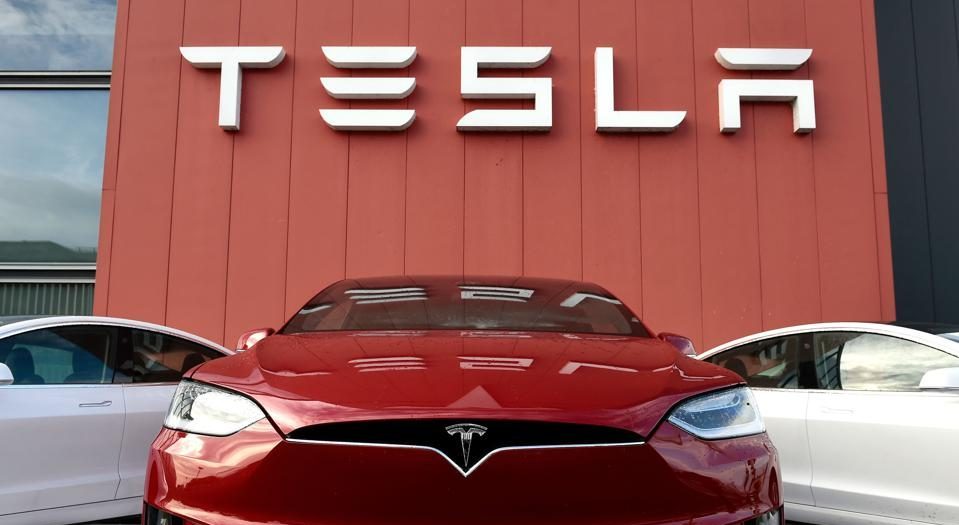







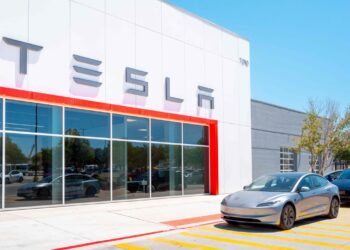
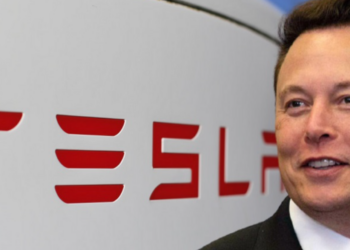
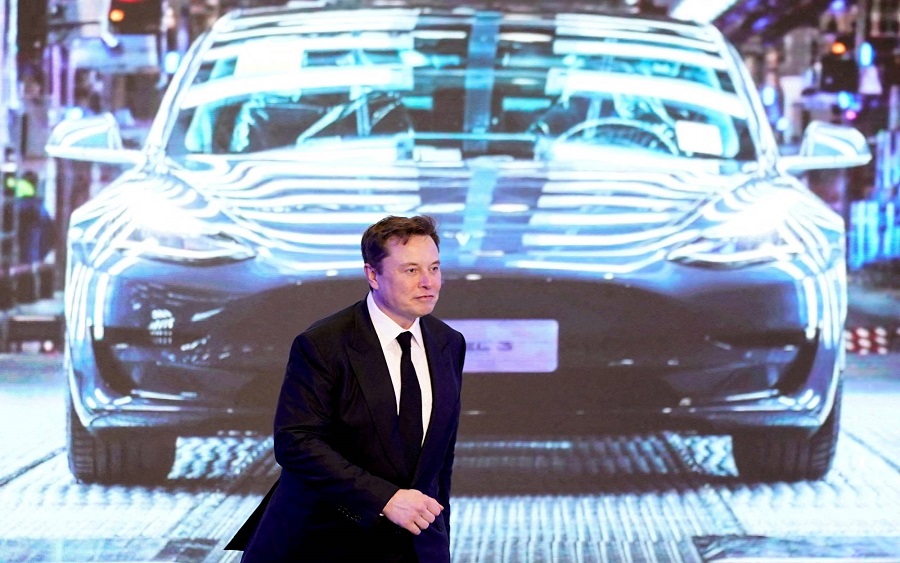
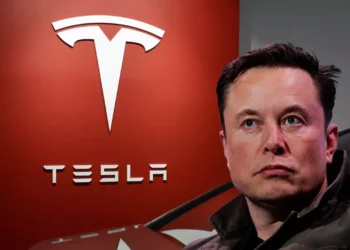
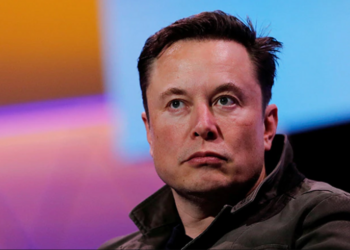
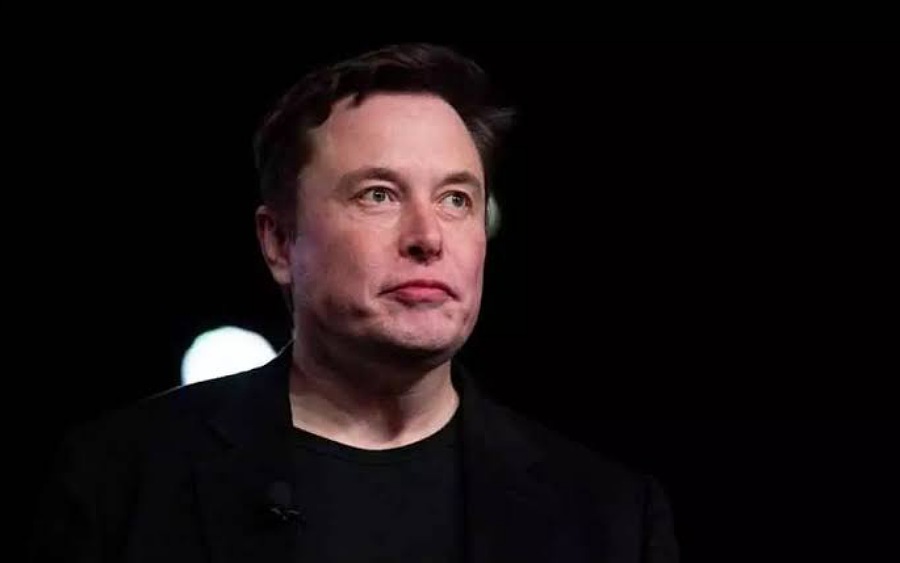











This was a great read!
No photos of the cars.
Wow, thanks for the blog but you didnt talk about the cybertruck